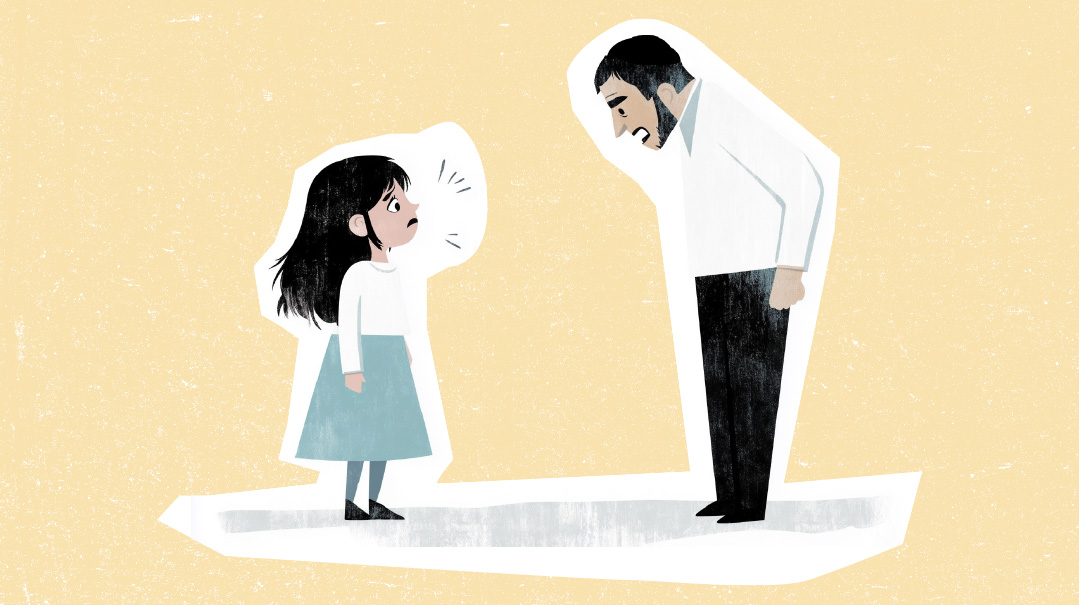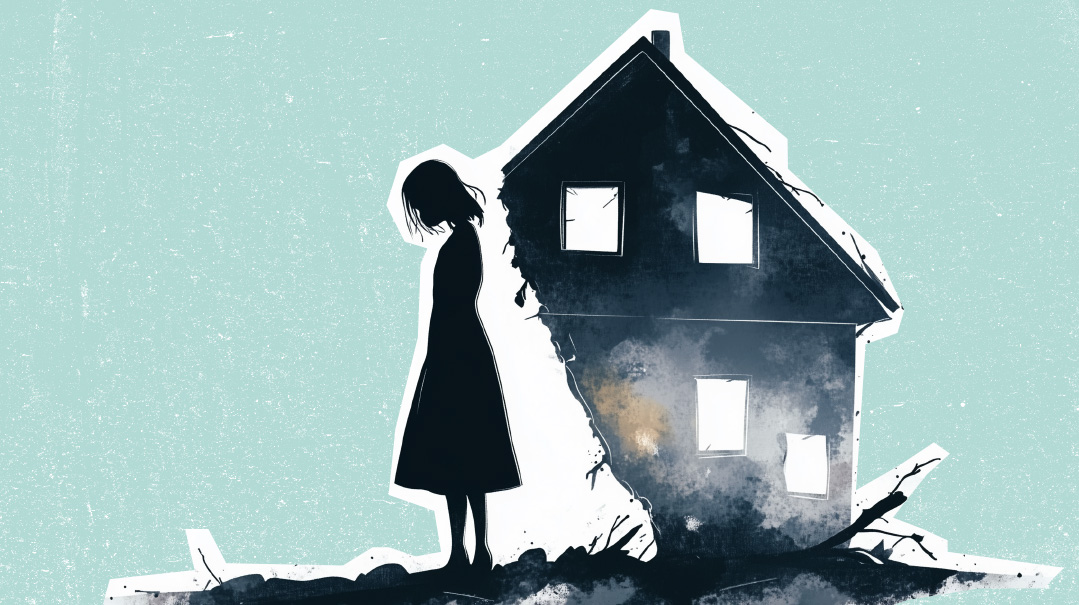“Childhood Traumas Affecting Marriage”

Previously traumatized or not, our task is to move ourselves along, reaching higher levels of personal evolution

What would you say to individuals and couples who suffer with childhood trauma and therefore struggle with all areas of marriage? We may look normal but our problems run deep. Trauma is often multigenerational — parents who can’t show love will raise kids who can’t feel their feelings who will then raise kids who can’t connect to others and so on. How can we heal and build healthy relationships?
Marriage is an institution so challenging, even people who haven’t suffered trauma will struggle within its confines. Certainly, individuals and couples coming from traumatizing developmental environments — those who haven’t been blessed with the gifts of solid self-esteem, emotional stability and safety, or healthy strategies for communication and boundary setting — are bound to flounder even more.
It’s precisely this latter group that is most likely to achieve the most personal and relational growth through marriage. This is because the intensity of their struggle and subsequent pain and suffering almost always puts them on a path to healing. Those with less dramatic difficulties may continue in their ways far longer, leading husbands and wives to endure repetitively destructive interpersonal patterns and/or painful stagnation.
Although growth is a wonderful outcome, no one wants to experience the path of pain that may promote it. But it’s possible to act preventatively. A person conscious of her trauma-induced emotional and behavioral deficits can undertake therapy before embarking on the great journey of marriage. This will give her a toolkit that can help reduce conflict and relationship wounding. Therapy normally restores the healthy sense of self that reduces sensitivity to rejection, as well as the need for excessive attention, stimulation, or control that can harm marital relationships.
Similarly, those who notice their difficulties in the early months of marriage can be quick to undertake couples’ counseling and/or personal therapy as well. Again, preventing years or decades of pain is obviously the most desirable course of action.
Many different types of therapies may be beneficial to those who’ve suffered childhood trauma. Dialectical behavioral therapy, EMDR, sensory-motor and polyvagal therapies, CBT, emotionally focused psychotherapy, and the myriad collection of trauma-focused therapies and addiction treatments may each be helpful in their own way depending on each individual’s unique constellation of trauma-generated symptoms.
Although vitally important to the treatment of developmental trauma, psychotherapy isn’t the only modality of healing. Building a set of healthy relationship skills can be achieved through study as well. For instance, one can read, listen to, and watch material regarding marital communication, parenting skills, attachment theory, stress management, emotional regulation, mood and anxiety management, addiction and compulsions, and much more.
There are many respected organizations that provide professional and rabbinical guidance in all of these areas that so heavily affect family life. The more one partakes, the more one learns. The more one learns, the more one can apply to marriage and parenting — even in situations that trigger previously established trauma-based emotional patterns.
For example, suppose someone grew up in a home in which small, normal childish mistakes routinely elicited huge parental rage. A six-year-old boy is beaten for talking back while his 12-year-old sister is viciously verbally abused for arriving home a few minutes late. The parents fight nonstop, one or both are alcoholics, there is never enough money or food.
Children growing up in this dysfunctional family will develop coping mechanisms. Perhaps the boy will become full of rage like his father. Maybe the girl will become overly compliant and unable to feel or assert her own needs.
Grown up, they take these defenses into their marriages. Now the boy — a man of 25 — is easily triggered by his wife’s complaints; he huffs and puffs in response, yelling, cursing, throwing objects, or punching walls. This behavior quickly brings him to marital therapy or anger management counseling, where he meets his own shame and helplessness for the first time. He learns emotional regulation and new communication strategies, making more rapid and significant spiritual advances than his peers.
His sister similarly soars high, simply from taking parenting courses prompted by the birth of her first child. She learns for the first time how children should actually be educated and guided and how parents can set boundaries without engaging in abusive and controlling behaviors.
Everyone has so much to learn from the challenges they inevitably encounter in family life. Previously traumatized or not, our task is to move ourselves along, reaching higher levels of personal evolution. Some of us will need to learn to be more forgiving. Some of us will need to learn to express ourselves. Some will need to learn to trust and some will need to learn to accept responsibility. It doesn’t matter where we’re starting from — that part is up to Hashem. What matters is where we choose to go.
(Originally featured in Family First, Issue 901)
Oops! We could not locate your form.





